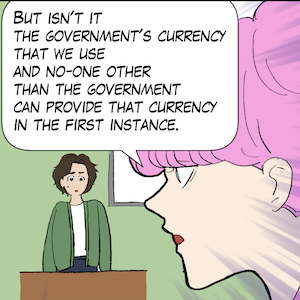Both main candidates were unelectable but one was more in tune with the nation than the other
So from January 20, 2025, Donald Trump will inherit the on-going genocide that the US government has been party to in the Middle East. He will then have no cover and will be judged accordingly. What follows are a few thoughts that I had when I watched the unfolding disaster for the Democrats and the amazing victory that Trump has recorded. It was obviously a Hobson’s Choice facing the US voters (from an outside perspective), which also tells us something about the way the US society has evolved. Both candidates were in my view unelectable. But the voters didn’t agree with me. And, one candidate was much smarter that the other and better understood the plight the American voters are in after several decades of neoliberalism. Spare the thought.

